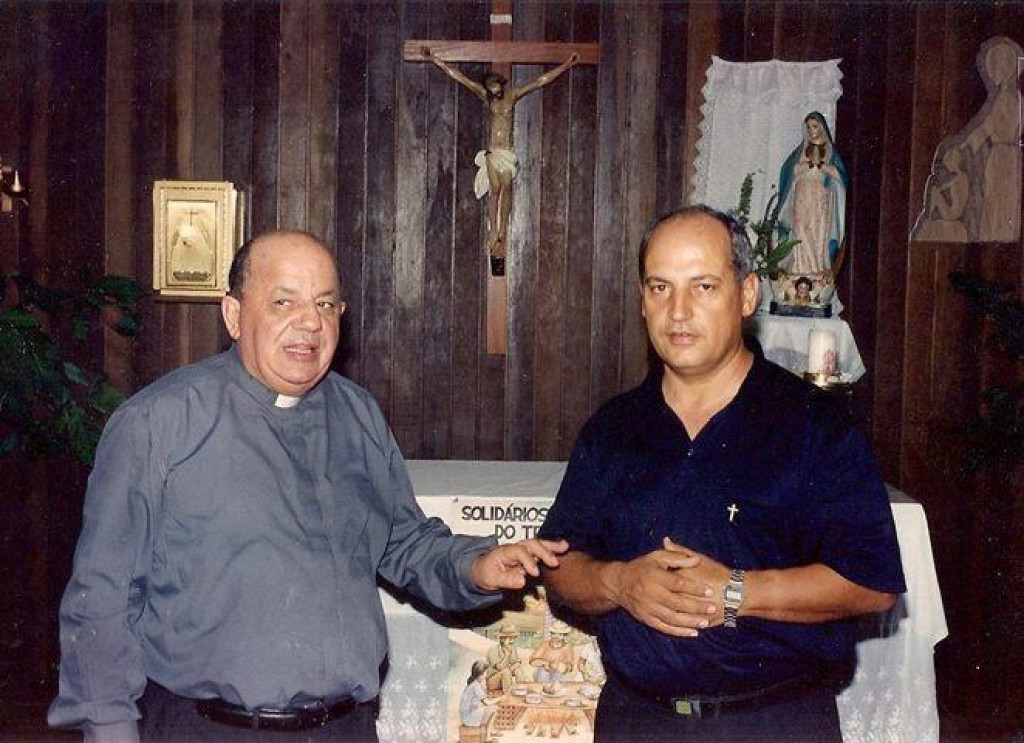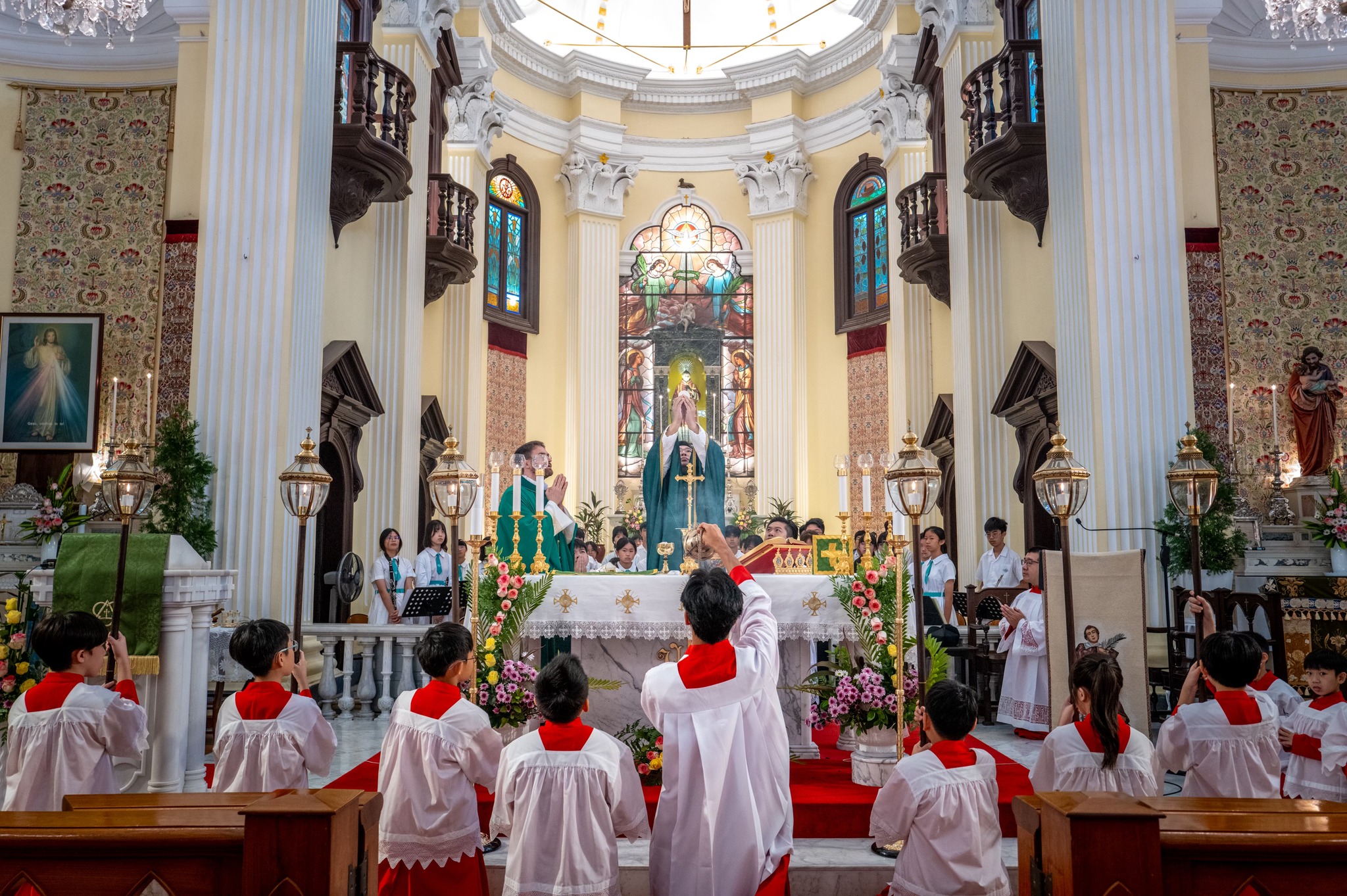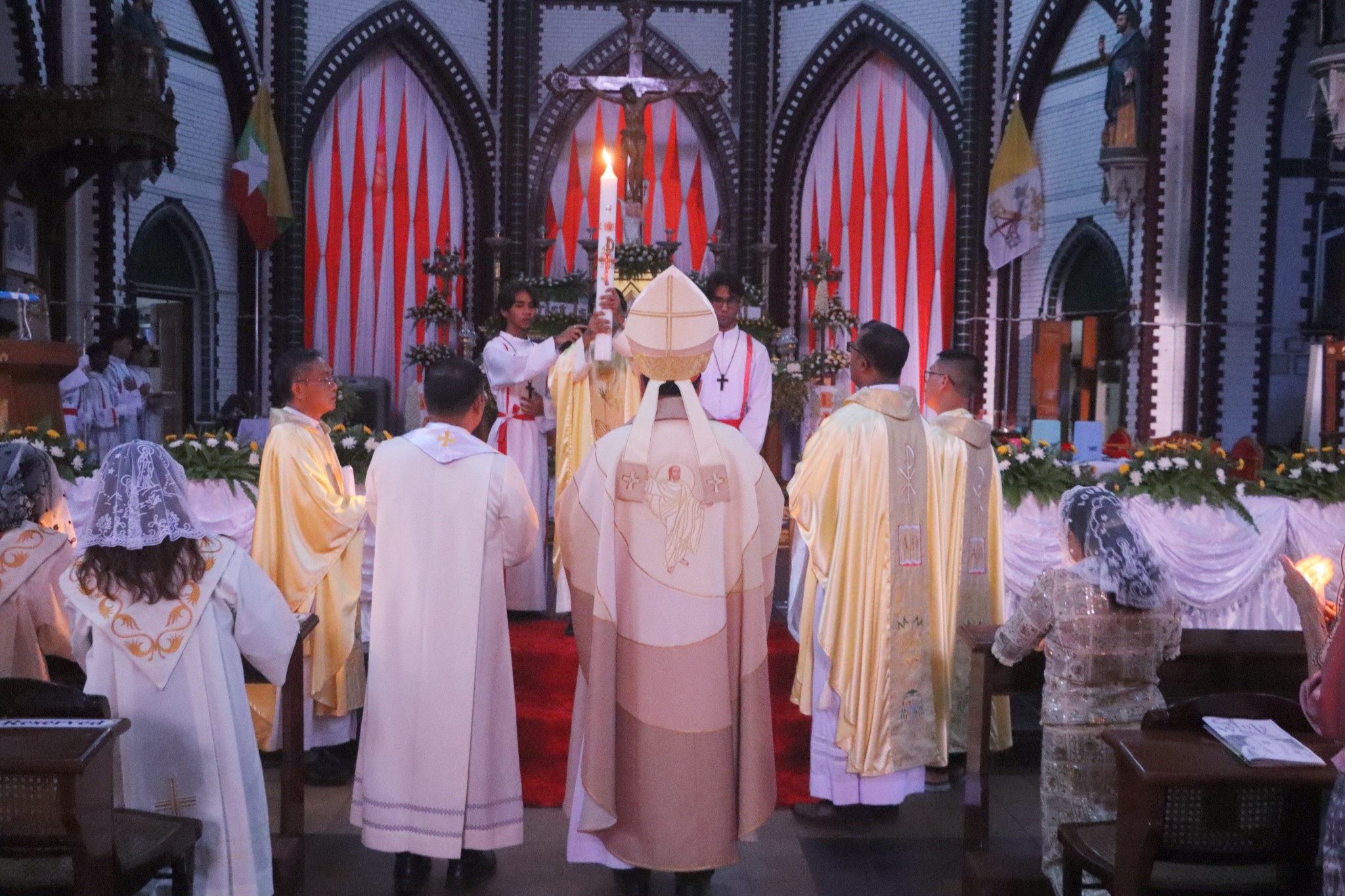Joaquim Magalhães de Castro
Nazareno Lanciotti, an Italian Transalpine missionary who for three decades dedicated himself to proclaiming the Gospel in the forests and poorest regions of Brazil, and especially to protecting young people from the most diverse forms of slavery imposed on them by prostitution traffickers and other human traffickers, will be proclaimed blessed.
Twenty-four years after his assassination – “we have come to kill you because you have bothered us for a long time,” were the last words Father Nazareno Lanciotti heard before being shot dead in his parish house in Jauru, in the Brazilian state of Mato Grosso, in February 2001 – Pope Francis would end up recognizing his martyrdom during an audience with the Prefect of the Dicastery for the Causes of Saints, Cardinal Marcello Semeraro, on April 14.
Ordained a priest on June 29, 1966, at the age of 26, Nazareno Lanciotti held multiple pastoral positions in various parishes in Rome over the course of five years. In 1972, upon learning about the existence of ‘Operação Mato Grosso’ (OMG) – a youth volunteer movement that emerged in 1967 – he decided, along with other young Italians, to join it, and shortly afterwards left for South America where he would be entrusted with the care of the parish of Jauru, in the diocese of Cáceres, in western Brazil, on the border with Bolivia.
Thanks to the free work of thousands of young Italians, OMG operates in Peru, Ecuador, Bolivia and Brazil, supporting around one hundred Catholic missions. For the members of this movement, free work for the benefit of the most disadvantaged is “a constructive and educational way” of occupying “their free time”, providing service to others.
In statements to the Fides news agency, Father Enzo Gabrieli, postulator of the cause of canonization of Father Nazareno Lanciotti, recalls the difficult reality that the missionary faced as his pastoral work “extended to many communities scattered throughout the forest”. However, Lanciotti did not lose heart and, on the back of a mule, arrived in Jauru, a town that would later be transformed, “thanks to his passion and faith”, into a garden city around the main church of Nossa Senhora do Pilar. The Italian priest’s deep devotion to the Virgin Mary, the centrality of the Eucharist in his missionary work and his devotion to the Pope were at the origin of all his work in Jauru, which quickly became the center of diocesan activities. Among his first actions, Father Nazareno decided to build a sanatorium: the missionary soon noticed the many mothers who died during childbirth and the many children who lost their lives due to very common diseases. The nearest hospital was 200 kilometers away, but over time, this sanatorium became a true Catholic hospital that today operates within the national network.
In addition to caring for the body, Father Nazareno added care for the spirit, building around 40 chapels in the forest to serve the many faithful spread across the villages scattered throughout it. Next to the main church, several “peripheral cells” were created where daily prayers were held (and still are held), even in the absence of the missionary.
In 1987, Nazareno Lanciotti joined the Marian Movement of Priests and, a year later, was appointed National Director for Brazil. In this role, he made frequent trips throughout the country to organize prayer meetings with priests and members of the ‘Operação Mato Grosso’ movement. In addition to building a home for the elderly, a school for young people and a small seminary (where the first ten local vocations emerged), Lanciotti worked to curb drug trafficking and prostitution. Every Saturday night, he organized activities to entertain young people and warn them of the dangers: “Eucharistic adoration, the rosary and devotion to the Virgin will save you,” he said.
It is clear that the missionary’s activity generated a lot of discontent within “the world and the underworld of crime” who soon marked him as a target to be killed.
The martyrdom of Nazareno Lanciotti occurred shortly after nine o’clock at night on a normal weekday, when two men with their faces covered invaded the parish house where the missionary was having dinner with his collaborators and some guests. Pointing a gun at those present, they demanded money and asked where the safe was. Father Nazareno reassured them; offered to help, and those present put everything they had on the table. But the assassins had only one goal: to kill Nazareno Lanviotti. In fact, before shooting him in the head, they revealed that they were under the orders of “certain local figures who were quite uncomfortable with the actions of the Church and the missionary.”
The two killers fled, leaving the money on the table, and local police officers – whose headquarters were a few hundred meters from the rectory – they only visited the crime scene the following day. Father Lanciotti was first taken to the hospital in Cuiabá, then to the Siro-Libanês Hospital in São Paulo, where he died on February 22, 2001, at the age of 61. “There was a perverse system in place before the murder, which his pastoral work was opposing,” concludes the Dicastery for the Causes of Saints.
(Editor’s note: Transalpine missionaries belong to the Congregation of the Sons of the Most Holy Redeemer, Latin: Filii Sanctissimi Redemptoris; FSSR. They are also known as The Sons and The Transalpine Redemptorists, a religious institute of the Catholic Church canonically erected in the Roman Catholic Diocese of Aberdeen)


 Follow
Follow


